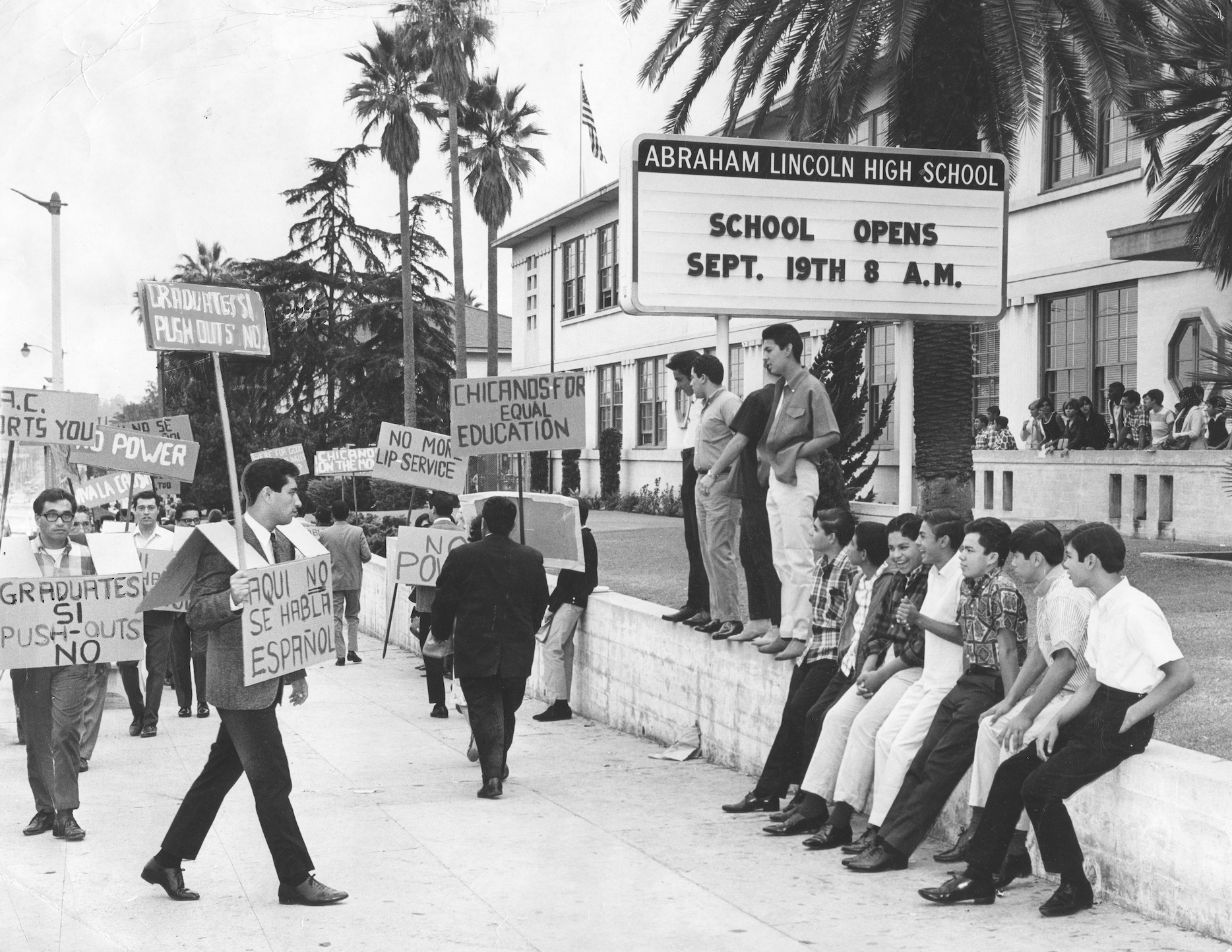By Alex Graf
Managing Editor
Updated: 2/28/3 p.m.: Provost Michael Spagna’s was misspelled in the original version. We have corrected it.
Co
The 36-0 Feb. 6 vote was prompted in large measure by an informational meeting last September between the senate’s executive committee and six administrators, including Title IX officer Elizabeth Schrock, Provost Michael Spagna and two vice presidents.
“We held a meeting in the fall..and basically we just asked ‘What are our current practices to ensure gender equity on campus?’ and we realized between Faculty Affairs and Development and Human Resources, there weren’t quite the same pathways,” Academic Senate Chair Laura Talamante said. “We were all learning something around the table as everyone shared what they knew about current practices and decided we should form some kind of working group.”
Talamante said the purpose of the task force is to evaluate current gender equity practices before making policy recommendations to administrators. Talamante said the Academic Senate is hoping to incorporate the experiences of all genders, with particular attention focused on people of color and those who identify as LBGT+, into their report and any recommendations.
While the Gender Equity Task Force is designated to evaluate CSUDH gender equity practices, the office of CSU Vice Chancellor Evelyn Nazario will lend its resources to the effort and its senior director of Human Resources Compliance, Stephanie Wright, will be part of the task force.
“They have never done any sort of gender equity task force at the chancellor’s office,” Talamante said. “But there are some other CSUs that are starting to look at gender equity, so [Evelyn Nazario] thought it would be really helpful to have someone from the chancellor’s office on the task force.”
Talamante said now that the Academic Senate has passed the resolution for the Gender Equity Task Force, it will go to the desks of CSUDH Provost Michael Spagna and finally CSUDH President Thomas Parham. Talamante expects both to sign the resolution and hopes to begin putting the task force together “within a week or so.”
The issue of gender pay equity, more precisely the gap between what men and women are paid, has been debated and analyzed for decades. In California, the Gender Pay Act of 1949 stated that employers could not pay employees of one sex less than what member of the opposite sex made while doing comparable work. But as late at 2015, female workers made 20 percent less than men across the board. The next year, former Gov. Jerry Brown signed the California Air Pay Act, which strengthened the 1949 act by making it harder for employers to utilize loopholes to pay women less.
The issue has also become a huge one at California public universities. A 2018 study by the American Federation of State, County


